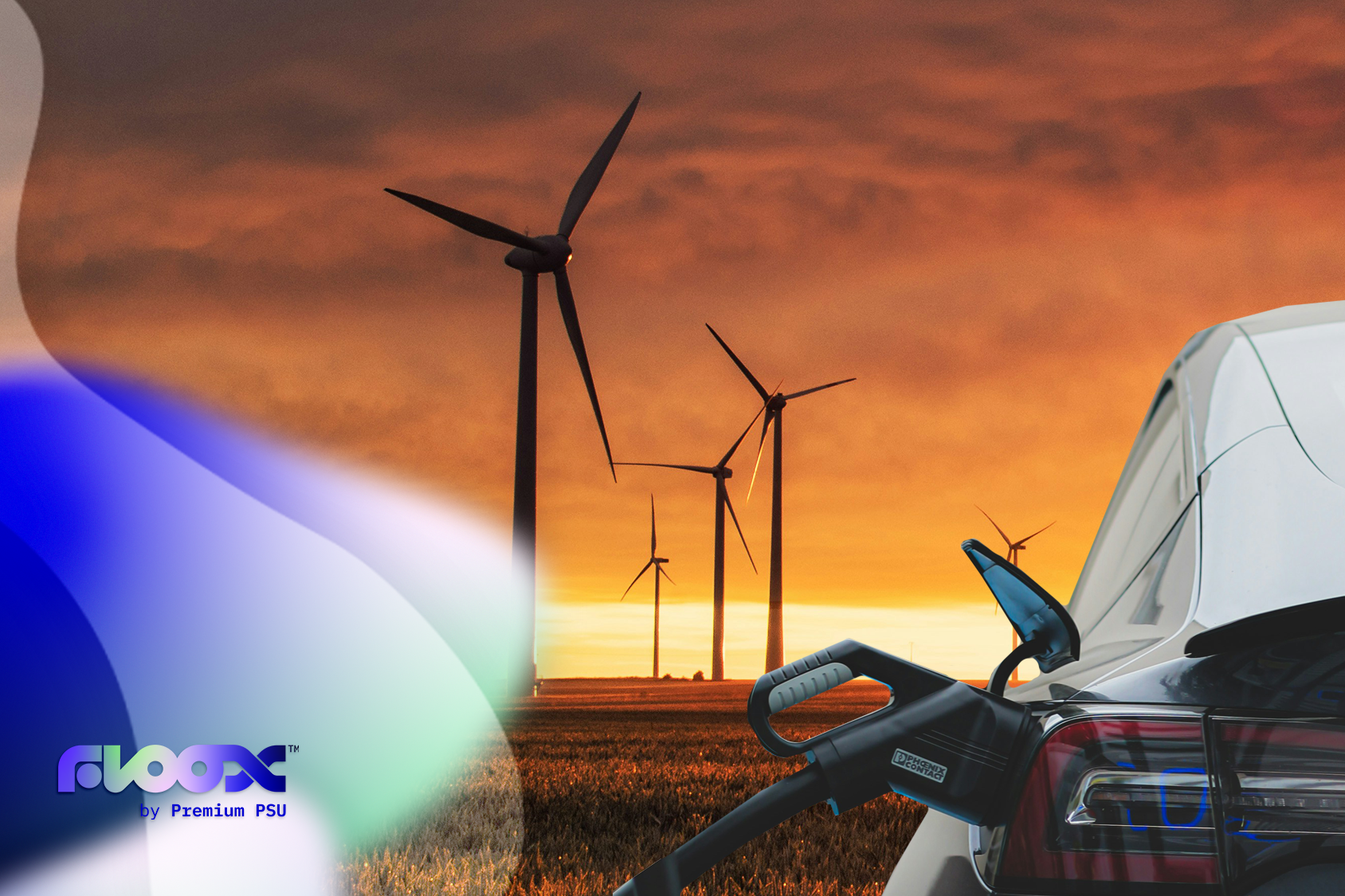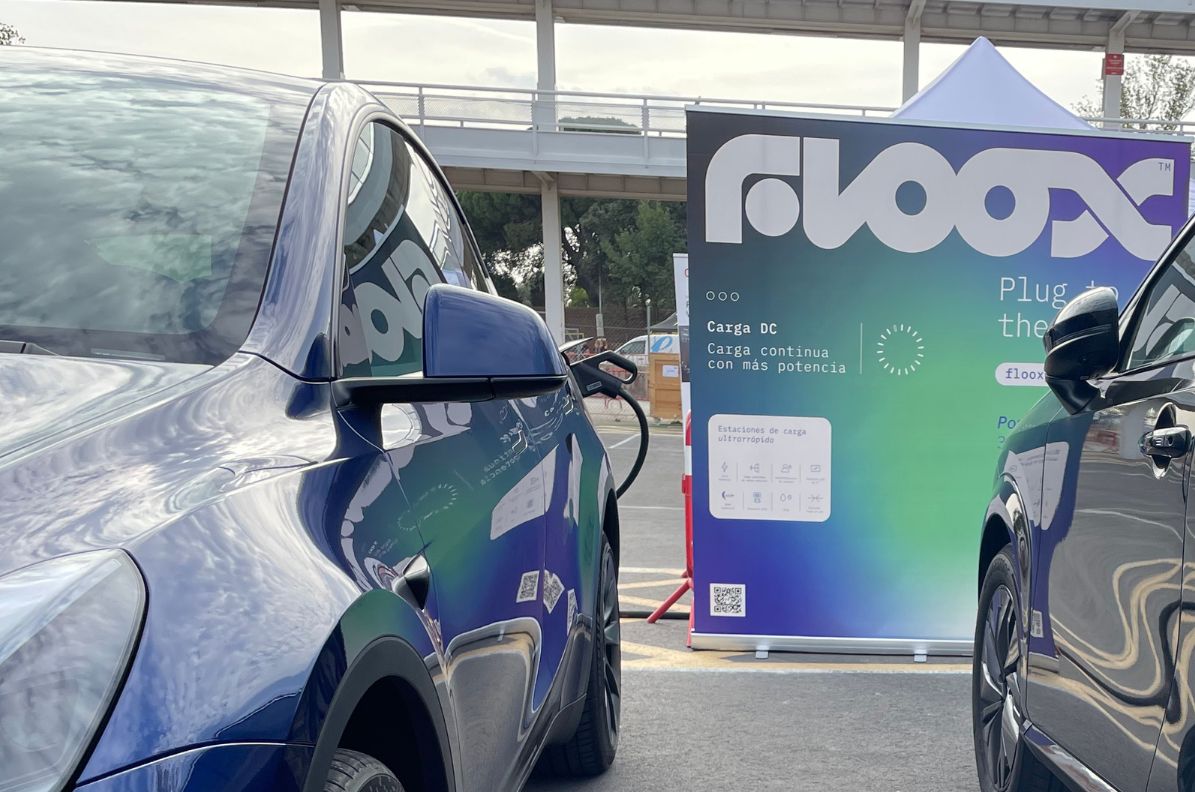
In the quest for a more sustainable and efficient society, electric chargers have become a key part of the energy scheme. In addition, with the increasing purchase of electric vehicles, the need for charging points in companies and public spaces is becoming more and more evident. In this article, we explore how electric chargers are critical to a future of greater sustainability and efficiency.
Sustainable mobility, the idea to be developed today
Sustainable mobility is a key concept, as we are talking about a form of transportation that takes into account environmental protection, energy efficiency, safety and accessibility. This sustainable mobility is one of the bases on which the new sustainability plans are based, since transportation is one of the largest emitters of greenhouse gases and atmospheric pollution.
To achieve sustainable mobility, businesses need to take steps to reduce the carbon footprint of their transportation activities. This involves reducing the number of kilometers traveled, using more efficient and cleaner means of transportation, and encouraging the use of alternative means of transportation, such as bicycles or public transportation.
These companies that include charging points can also bring a new range of possibilities to their customers and employees through charging points for electric vehicles. With a greater number of options, more and more drivers will opt for an electric car.
In addition, sustainable mobility and the installation of these charging zones can also be beneficial to businesses in economic terms. We have already talked in our blog about a number of advantages of installing electric chargers in companies.
Of course, in order to get businesses on board with these sustainability and sustainable mobility plans, it is important that action is taken at the government level. There are different fiscal and financial incentives that can be interesting when carrying out a project like this.
The most suitable businesses to install electric chargers
The most suitable businesses to install electric vehicle chargers are those that have a high demand for parking and a considerable influx of customers who may need to charge their electric vehicles. Some of the most suitable businesses include:
- Parking lots: Public or private parking lots are ideal places to install electric vehicle chargers. Electric vehicle drivers are looking for places where they can charge their vehicles while parked, and parking lots that offer chargers can attract a larger number of customers.
- Malls: Malls are popular destinations for shopping and entertainment, and electric vehicle chargers can be a competitive advantage for businesses that offer them. Customers can charge their vehicles while shopping or enjoying their time at the mall, which can increase customer loyalty.
- Transport fleets: Companies with fleets of electric or mixed vehicles can also benefit from the installation of chargers at their facilities. This can help reduce fuel costs and keep vehicles charged and ready for use.
- Hotels and restaurants: Electric vehicle chargers are also an advantage for hotel and restaurant businesses. Customers can charge their vehicles while enjoying their meals or staying at the hotel, which can increase customer satisfaction and loyalty.
Importantly, acquiring these chargers now provides a competitive advantage, as electric vehicles are gaining ground and the number of electric vehicles is expected to increase in the coming years.
Therefore, businesses that offer electric vehicle chargers can attract a greater number of customers and show this commitment to sustainability. as well as helping to increase customer loyalty.
How do AC electric chargers differ from DC chargers?
Alternating current (AC) chargers are the most common and use the electric current found in the electrical grid to charge electric vehicles. These chargers are slower than direct current (DC) chargers.

On the other hand, direct current (DC) chargers. These chargers are capable of charging electric vehicles in significantly less time compared to AC chargers. In addition, DC chargers are more energy efficient and better suited to meet sustainable mobility goals.
Fast-charging chargers are the future of electric mobility, allowing electric vehicle drivers to charge their vehicles in a short period of time. In addition, these fast-charging chargers are more energy efficient, which can reduce the environmental impact of electric vehicle charging.
Towards a sustainable and efficient future. Floox electric chargers
Floox offers a variety of electric vehicle charging point models, designed to meet the specific needs of each business.
PowerFloox
The PowerFloox model, with 30 kW charging power and CHAdeMO and CCS2 connectors, is ideal for businesses that allow customers to stay around for an hour or more, such as restaurants, gyms, parking lots or shopping malls.
SuperFloox
The SuperFloox model, on the other hand, has a charging capacity of 60 kW and can charge up to three cars simultaneously, with two high-capacity DC connectors and an optional third AC connector up to 22 kW. It is a suitable option for charging stations, concessionaires or transport fleets and PoR operators.
UltraFloox
The UltraFloox is the most advanced model and allows the simultaneous charging of two vehicles, adapting to power ratings of 90, 120, 150 or 180 kW direct current. This model is an excellent choice for service stations, dealers, transport fleets and PoR operators requiring ultra-fast charging, as vehicles can reach 80% of their full battery capacity in just 15 minutes.
As you can see, electric chargers are an essential tool for achieving a more sustainable and efficient future. With decreasing costs and increasing availability, these charging points are becoming increasingly accessible to businesses and public spaces, and a huge benefit to all. We have at the disposal of electrical charger installers a product suitable for every situation.




